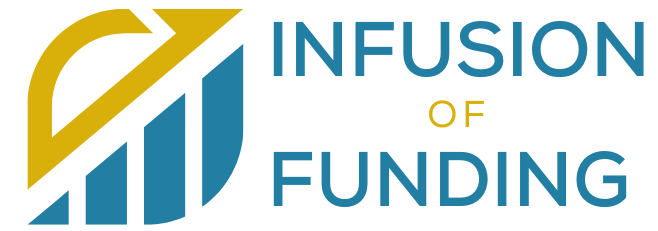Frequently Asked Questions about Small Business Loans
Understanding small business loans can be complex, and you may have many questions. This FAQ section addresses common queries to help you navigate the loan application process with confidence.
What types of small business loans are available?
There are several types of small business loans, each designed to meet different needs:
- Term Loans: Lump sum loans with fixed repayment terms and interest rates.
- SBA Loans: Loans partially guaranteed by the Small Business Administration, offering favorable terms.
- Business Lines of Credit: Flexible credit lines that allow you to borrow as needed up to a certain limit.
- Equipment Financing: Loans specifically for purchasing business equipment.
- Invoice Financing: Loans that allow you to borrow against your outstanding invoices.
- Merchant Cash Advances: Advances on future credit card sales, repaid through a percentage of daily sales.
What is the difference between secured and unsecured loans?
- Secured Loans: Require collateral (e.g., property, equipment) that the lender can seize if you default on the loan. They typically have lower interest rates and higher approval chances.
- Unsecured Loans: Do not require collateral but often have higher interest rates and more stringent approval criteria, as they pose a higher risk to lenders.
How do I qualify for a small business loan?
Qualifications vary by lender and loan type, but common requirements include:
- Credit Score: A good personal and/or business credit score.
- Business Plan: A detailed business plan demonstrating your business’s potential and how you’ll use the loan funds.
- Financial Statements: Up-to-date financial statements, including profit and loss statements, balance sheets, and cash flow statements.
- Collateral: For secured loans, valuable assets that can be used as collateral.
- Time in Business: Lenders often require a minimum time in business (e.g., 1-2 years).
How much can I borrow?
The amount you can borrow depends on several factors, including:
- Business Needs: How much you need for your specific purposes (e.g., expansion, equipment purchase).
- Creditworthiness: Your credit score and financial health.
- Lender Policies: Each lender has different minimum and maximum loan amounts.
- Collateral: For secured loans, the value of your collateral can influence the loan amount.
What interest rates should I expect?
Interest rates vary widely based on factors like:
- Loan Type: Different loans (e.g., term loans, lines of credit) have different rate structures.
- Credit Score: Higher credit scores typically qualify for lower interest rates.
- Lender: Banks, credit unions, and online lenders offer varying rates.
- Economic Conditions: Market interest rates can fluctuate based on broader economic factors.
How long does the loan application process take?
The timeline for loan approval varies:
- Traditional Banks: Often take several weeks to months, due to more rigorous review processes.
- Online Lenders: Can offer faster approvals, sometimes within a few days.
- SBA Loans: Typically take longer due to additional government requirements.
What documents do I need to apply for a small business loan?
Commonly required documents include:
- Business Plan: Outlining your business goals and how you’ll use the loan funds.
- Financial Statements: Profit and loss statements, balance sheets, and cash flow statements.
- Tax Returns: Personal and business tax returns for the past 1-3 years.
- Legal Documents: Business licenses, articles of incorporation, and ownership agreements.
- Bank Statements: Recent business bank statements.
Can I get a loan if I have bad credit?
While bad credit can make it more challenging to secure a loan, it’s not impossible. Consider these options:
- Microloans: Offered by nonprofit organizations with more flexible credit requirements.
- Alternative Lenders: Online and alternative lenders may have more lenient criteria.
- Secured Loans: Offering collateral can improve your chances of approval.
- Co-Signer: Having a co-signer with good credit can enhance your application.
What happens if I can’t repay the loan?
If you can’t repay your loan, you may face several consequences:
- Late Fees: Most lenders charge late fees for missed payments.
- Credit Score Impact: Late or missed payments can negatively affect your credit score.
- Legal Action: Lenders may take legal action to recover the owed amount.
- Asset Seizure: For secured loans, the lender can seize the collateral you offered.
- Debt Restructuring: In some cases, you can negotiate with the lender to restructure the loan terms.
Conclusion
These frequently asked questions cover essential aspects of small business loans, providing you with the information needed to navigate the loan application process effectively. By understanding different loan types, qualification criteria, interest rates, required documents, and potential challenges, you can make informed decisions and increase your chances of securing the financing your business needs. The final section of this guide will summarize key takeaways and offer final tips for small business owners seeking loans.

